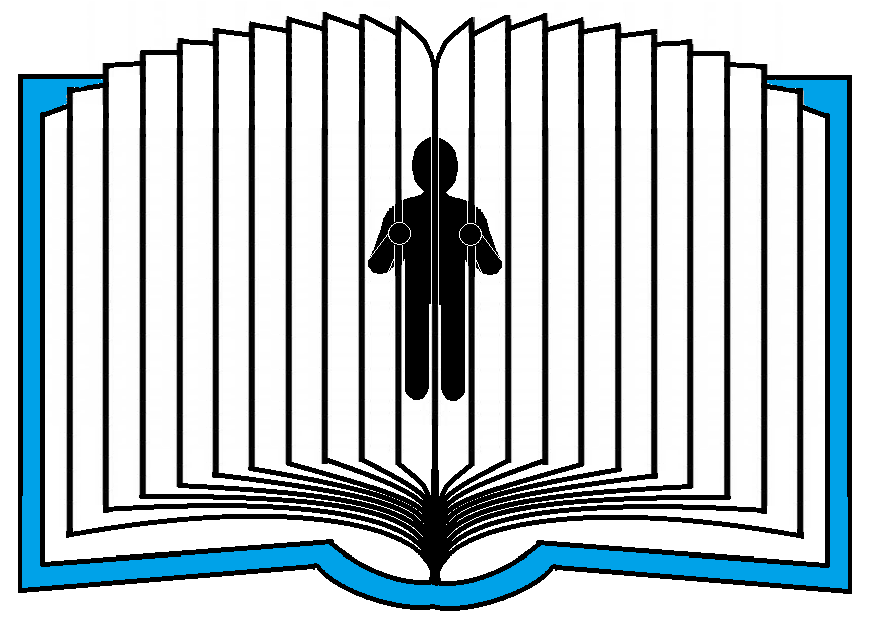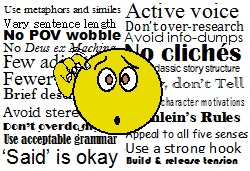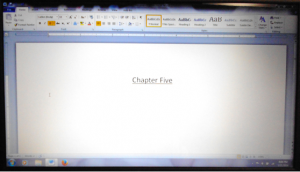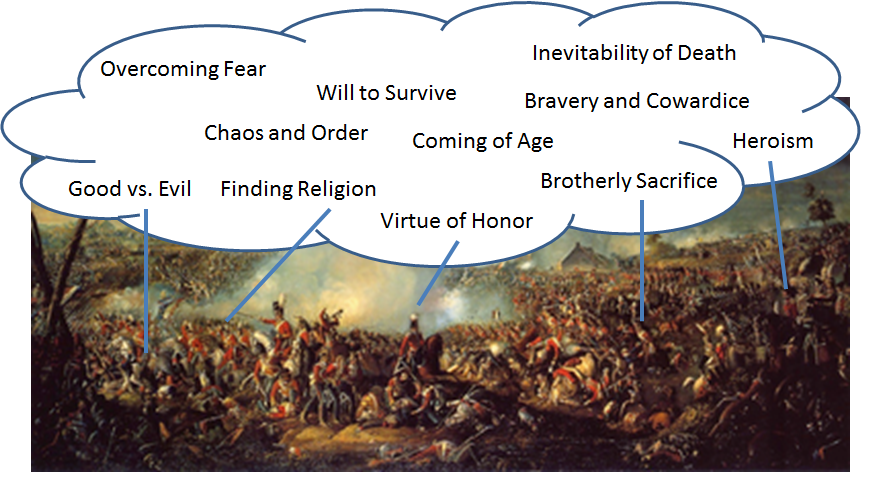Fictional characters differ from real people in interesting and important ways. Thinking you’re one when you’re really the other could have significant and disturbing consequences. Therefore, it’s vital to know which one you are. That’s why, as a public service, I offer the following easy quiz you can take to determine the answer.
 If you think you’re fictional, but your answers to some of these questions tend to show you’re real, or vice versa, don’t despair. Fictional characters and real people share many characteristics. There’s a large amount of overlap because authors try to depict realistic characters, to some extent. I’ll show you how to score your answers at the end.
If you think you’re fictional, but your answers to some of these questions tend to show you’re real, or vice versa, don’t despair. Fictional characters and real people share many characteristics. There’s a large amount of overlap because authors try to depict realistic characters, to some extent. I’ll show you how to score your answers at the end.
And now, the quiz:
1. True or False: You never say “hello” or “goodbye” when talking on the phone.
2. T or F: You’ve never said “um” or “er” in conversation.
3. T or F: You drive either a flashy sports car or an old jalopy.
4. T or F: You may have been inside bathrooms, but you’ve never actually, shall we say, done a Number 1 or Number 2.
5. T or F: For you, things seem to go from bad to worse, then suddenly everything turns out okay.
6. T or F: You have a friend who’s constantly with you and to whom you must explain everything. Either that, or you are a sidekick for someone else.
7. T or F: Your full name is melodic and memorable, and ether your first name or last name is unusual.
8. T or F: You are either purely good, or purely evil.
9. T or F: Your dull, uneventful hours rush by in a blur, but your busy, intense hours pass slowly and meaningfully.
10. T or F: You’ve long felt a sense of being watched all the time. You’ve had that sense so long you no longer think much about it.
If you answered True to less than six questions, you are a real person. Sorry about that. Real people tend to lead more boring lives than fictional characters. If you thought you were fictional and are just now discovering you are real, I suggest you accept it, get over your disappointment, and learn to fit in.
If you answered True to six or seven questions, this quiz can’t tell you the answer. Observe the people around you and see which behaviors they exhibit. Whichever they are—fictional characters or real people—you are too. The two types don’t seem to mix much.
If you answered True to eight or more questions, you’re a fictional character. If you thought all along you were real and are just now discovering you’re fictional, I’ll offer my congratulations. Your life will rarely be boring. Thousands and maybe millions of real people will thrill to your escapades. Even if your life ends up being short, you’ll be reborn innumerable times and may live forever.
It’s my hope this quiz has been informative and hasn’t caused you any life-changing distress. If it did alter your understanding of reality, I still think it’s better to know than to keep living in ignorance. And, really, where else on the web are you going to get this kind of service? Who else offers this sort of helpful quiz? No one else, but—
Poseidon’s Scribe









